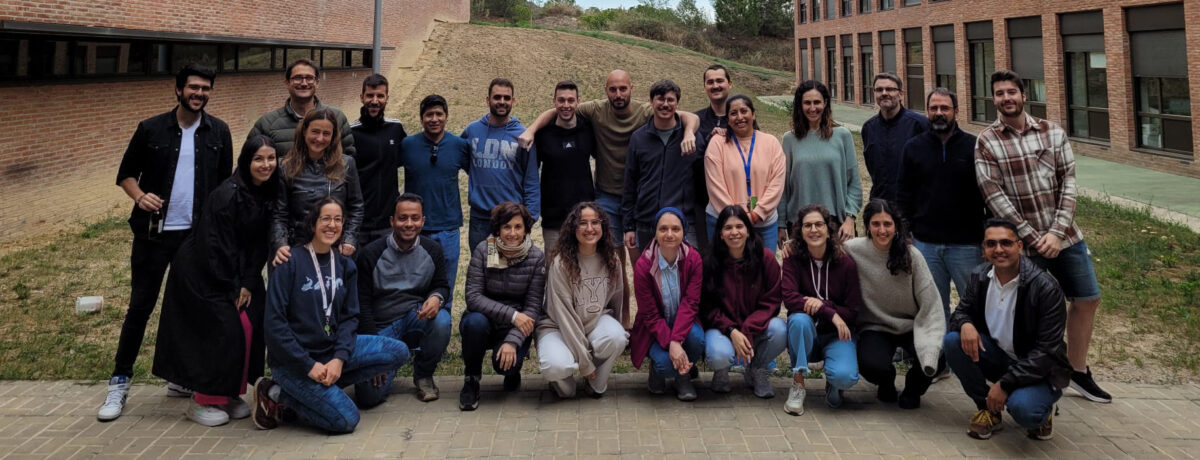The Composting Research Group (GICOM) of the Department of Chemical, Biological, and Environmental Engineering at the Autonomous University of Barcelona was created in 2000 with a clear objective: the study of the composting process as a sustainable technology for the biological treatment of organic waste. The research activities of GICOM have focused mainly on the valorization of organic waste using processes such as composting, anaerobic digestion, and solid-state fermentation.
Over the years, GICOM has been recognized as an Emerging and Consolidated Research Group and, since 2022, it has become part of the Environmental Bioremediation and Residual Effluent Valorization (BRAVE) Research Group, together with the BioRemUAB Group.
In the field of composting, GICOM has worked with different types of waste (municipal and industrial) seeking to improve the composting process. One example of the strategies developed for the improvement of composting is the use of advanced controls to maximize biological activity.
There are two aspects of the composting process that can be considered our main areas of specialization: the study of the stability of organic waste and the determination of the environmental impacts of the treatment process. Studies on waste stability are based on determining Respirometric Indexes, which are of great interest today to define the performance of waste treatment plants (MBT plants, composting plants, anaerobic digestion plants, etc.). These indexes are also used to define stability limits for organic materials deposited in landfills or for compost used as organic amendment for the soil. On the other hand, studying the environmental impacts associated with the biological treatment of organic waste is of great interest to be considered in waste management and treatment strategies and plans.
The knowledge gained over the years about the composting process is also applied to the production of valuable products through the Solid-State Fermentation (SSF) process. This process can produce enzymes such as lipases, proteases, or cellulases, as well as bioplaguicides and biosurfactants, all of which are products of interest for industrial applications.
Another area of research in our group is the use of nanomaterials for environmental improvement. In this field, we work on the treatment of water with specific contaminants (metals and pesticides), greenhouse gas adsorption, and the assessment of the toxicity of inorganic nanoparticles and their derivatives. The toxicity of nanoparticles is determined through respirometry tests, anaerobic digestion tests, Microtox assays, seed germination studies, and investigations with Daphnia Magna. Furthermore, we investigate the effect of nanoparticles on the anaerobic digestion process, with the aim of improving biogas production or increasing methane content in the biogas. Additionally, we apply nanomaterial-based catalysts to convert the CO2 present in biogas into methanol or methane, aiming to enhance the overall anaerobic digestion process.
All these research lines are funded through public funds and contracts with companies and public administrations.
